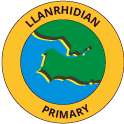Gwyddoniaeth
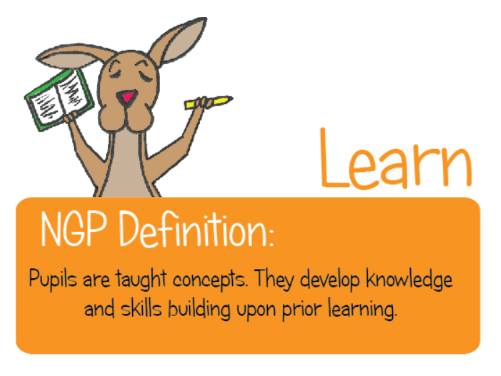
L.O: To identify variables.
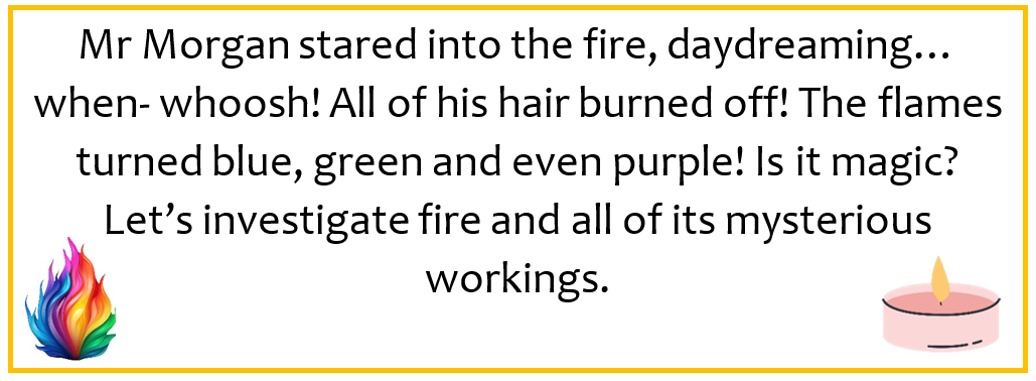
I wonder, what is a variable? Beth wyt ti'n meddwl?
Let's Activate Our Prior Knowledge!
🔹 Independent Variable
- What it is: The thing you change on purpose in an experiment.
- Example: If you're testing how sunlight affects plant growth, the amount of sunlight is the independent variable.
🧪 Think: “I change this.”
🔹 Dependent Variable
- What it is: The thing you measure in the experiment.
- Example: In the same plant experiment, the height of the plant is the dependent variable because it depends on how much sunlight it gets.
📏 Think: “I measure this.”
🔹 Controlled Variables (also called control variables)
- What they are: The things you keep the same to make the test fair.
- Example: You might keep the type of plant, the amount of water, and the type of soil the same.
⚖️ Think: “I keep these the same.”
Let's test out what you have learnt!
Mini whiteboards at the ready... what is being changed (independent)?
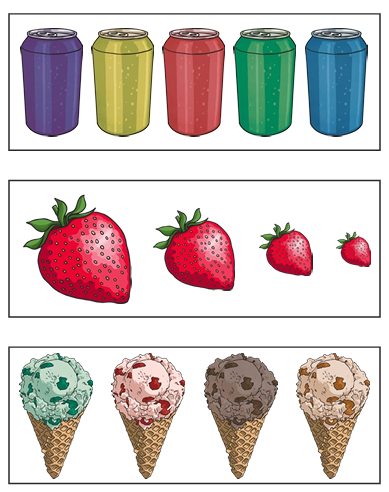
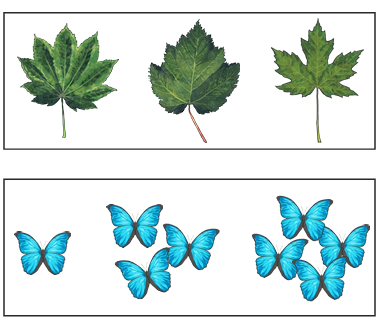
Now what is being kept the same? (Controlled)
Why is it difficult to tell what is being measured? (Dependent), what could they be?
Why are variables important? They help the scientist create a fair test!
Now let's have a look at OUR experiment. On the blank slips of paper, discuss your three types of variables.
Now open your chilli of choice and answer question 3.
Ensure you use the subheadings:
Independent Variable:
Dependent Variable:
Control Variable:
Wyt ti'n wedi gorffen?
DIN 1: Using the blank box provided, draw and label a scientific diagram of the experiment. Use a ruler for your labels and your diagram. (There is something wrong with this diagram... what is it?)
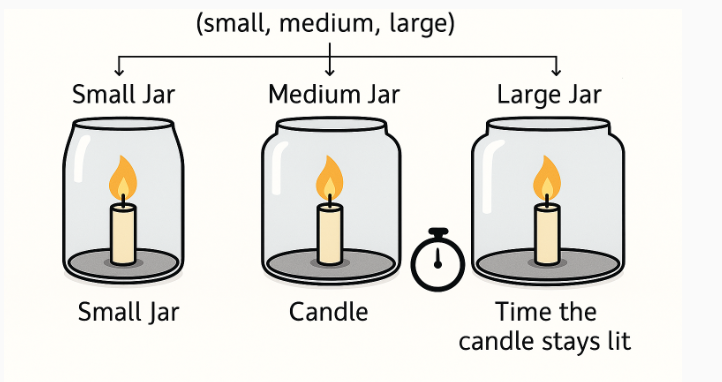
DIN 2: What risks are there in this experiment and how will we stop those risks from happening?
One risk is that.... we could stop this from happening by...
Another risk is that... to reduce this risk we will...

L.O: To write a prediction
What do you know about fire? Think about the fire triangle! Beth wyt ti'n meddwl?
How do we write a good prediction?
🧠 Tips for Writing a Good Prediction
-
Start with “I predict that…”
- This helps clearly show it’s a prediction.
- Example: I predict that the candle in the small jar will go out first…
-
Use a ‘because’ to explain your thinking
- Always give a reason for your prediction.
- Example: …because it has less air inside.
-
Include a scientific reason
- Use science words like oxygen, burn, air, flame, or combustion.
- Example: Candles need oxygen to burn, and a small jar has less oxygen.
-
Use 2er words (comparatives)
- These help show the difference you expect.
- Examples: quicker, slower, smaller, larger, hotter, cooler
-
Use evidence from research or past experiments
- Mention what you’ve learned before.
- Example: In my research, I saw that flames go out faster when there’s less air
My Prediction:
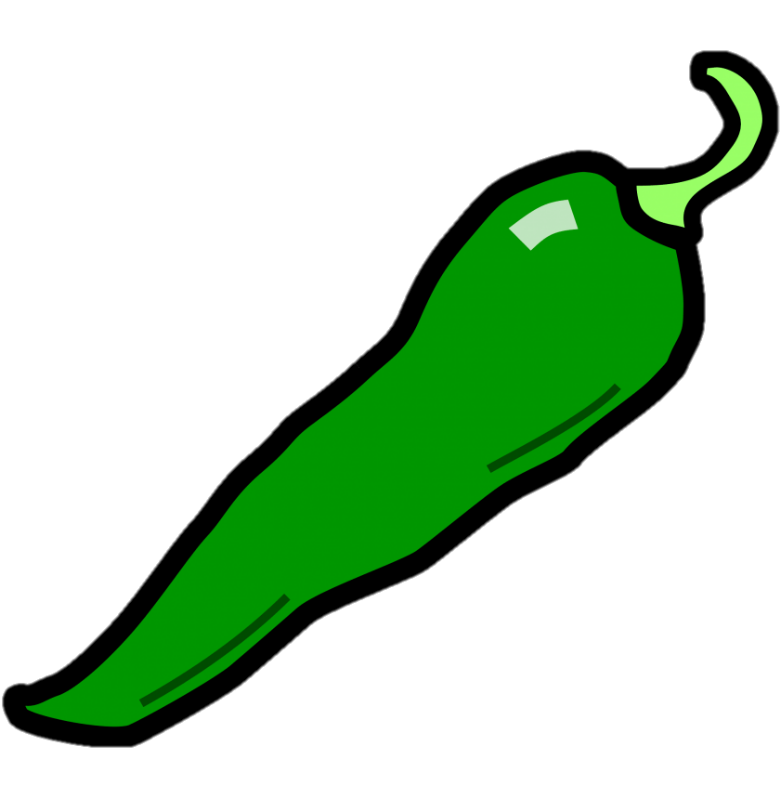 I predict that... I think that because...
I predict that... I think that because...
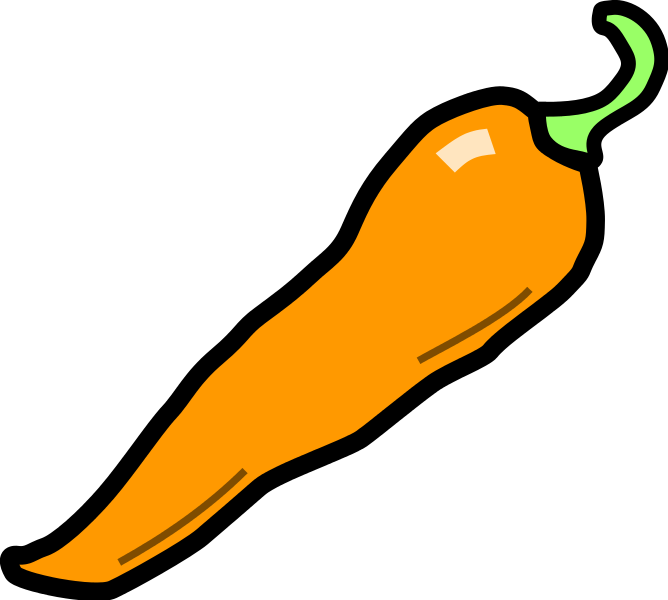 I predict that... I think that because.... (use the words quicker or slower)
I predict that... I think that because.... (use the words quicker or slower)
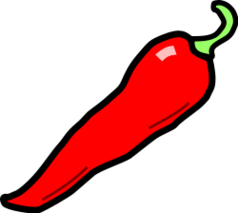 I predict that... this means that... (use the words quicker and slower). I think that because... In my research I learnt that...
I predict that... this means that... (use the words quicker and slower). I think that because... In my research I learnt that...
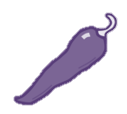 I predict that the candle under the small jar will go our ______ than the others because the ______ variable (________), will affect the ________ variable (________). This is because... Research shows that...
I predict that the candle under the small jar will go our ______ than the others because the ______ variable (________), will affect the ________ variable (________). This is because... Research shows that...
Amser i arbrofi... Time to experiment!!

L.O: To record results in a table.
How will we record our results?
Let's remind ourselves... how will we keep safe in this experiment?










